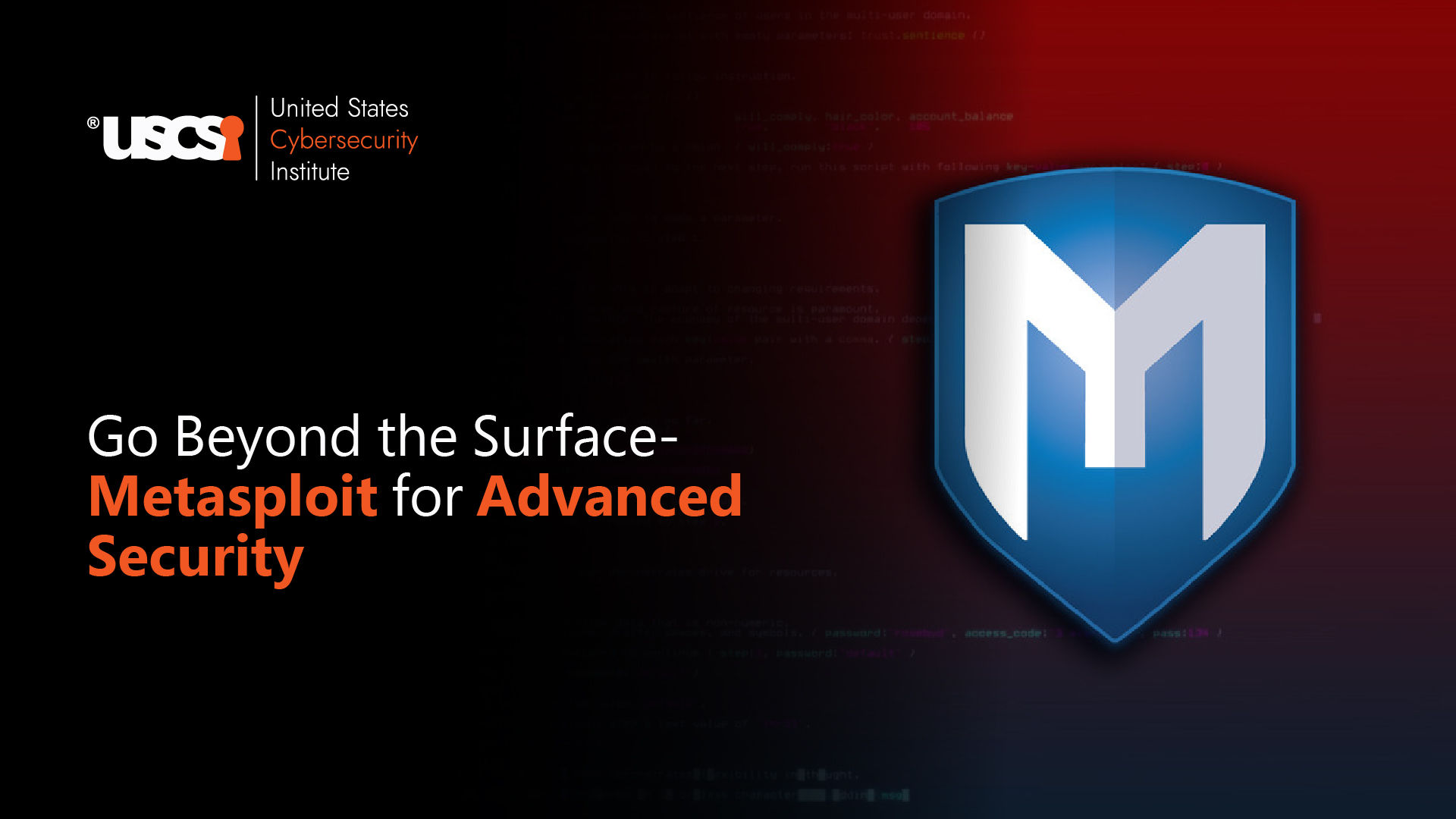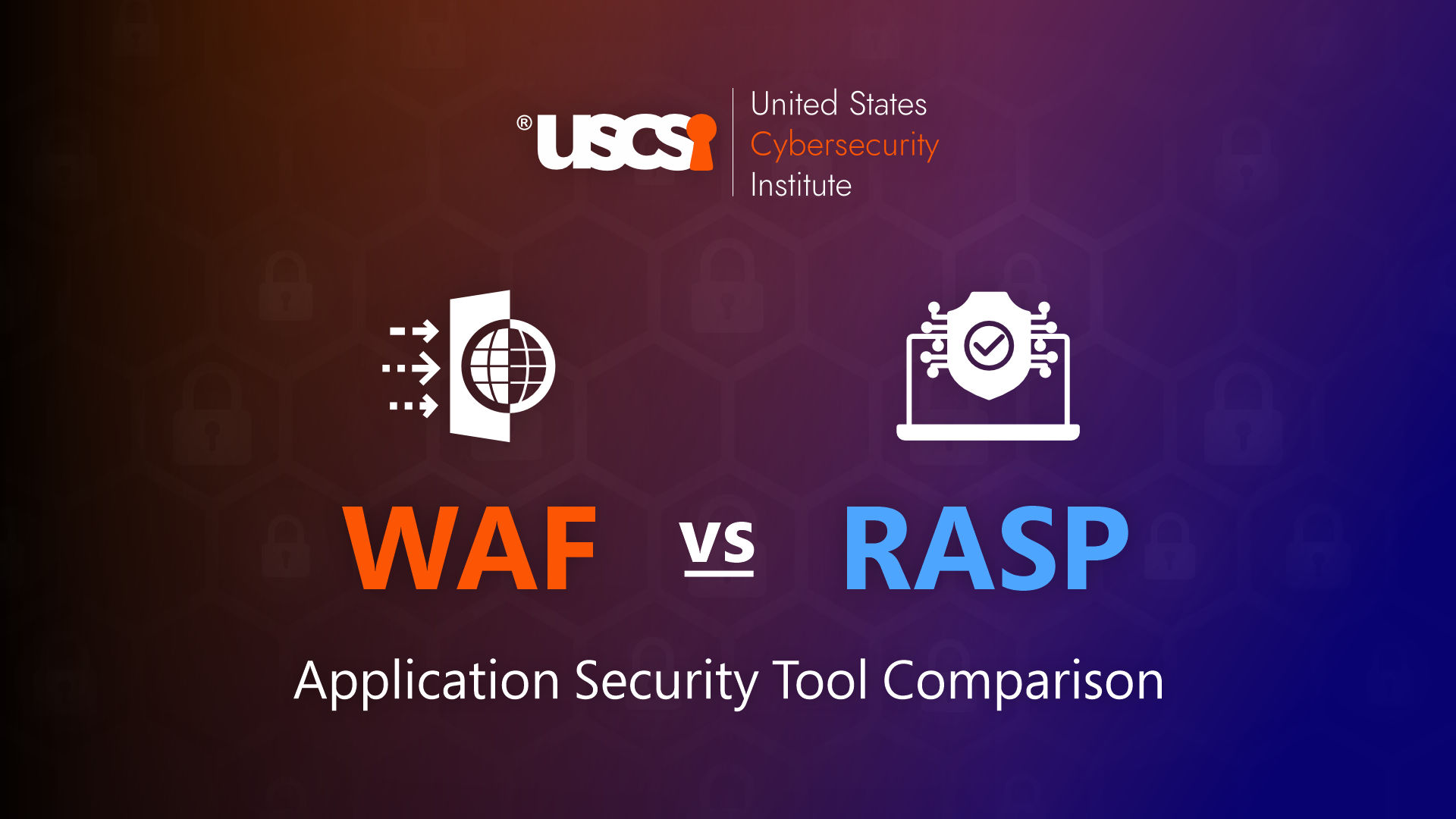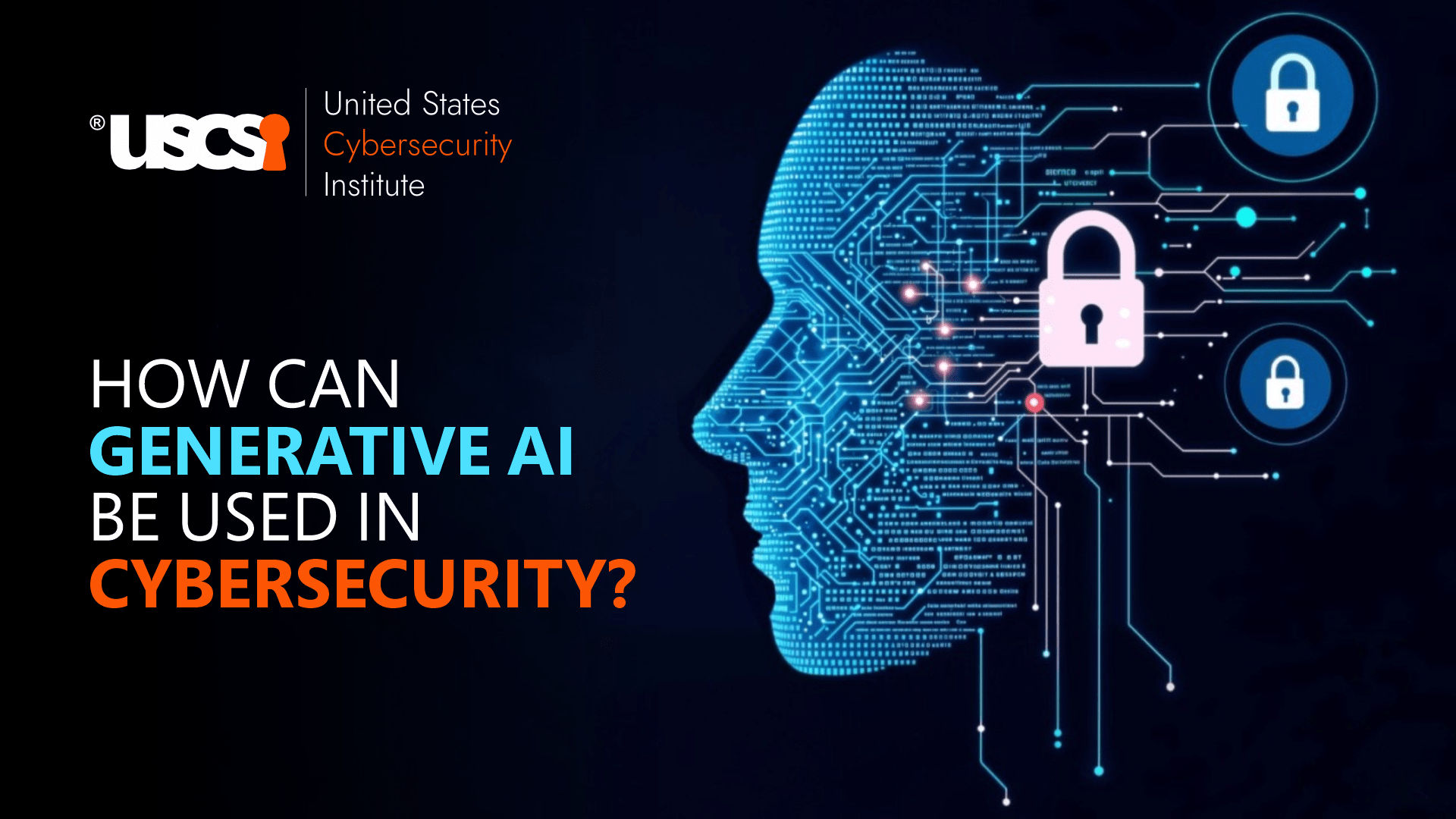

What is Blockchain Security Audit and How to do it?
Blockchain’s decentralized and transparent nature has been revolutionizing various industries. At its core, blockchain technology relies on cryptography and a distributed ledger system that ensures data security and immutability.
However, as the world of blockchain and its applications are evolving rapidly, there are various security challenges luring it. And therefore, blockchain security audits have become highly important for today’s businesses that help build trust and mitigate risks in the world of blockchain.
Top consulting firms revealed that global financial institutions think of security concerns as the biggest barrier to greater adoption of blockchain. So, security audits can address this concern effectively as they can evaluate the vulnerabilities in a blockchain network and help developers and stakeholders build a more robust and secure environment.
Here, let us explore more about what are various types of blockchain security audits, what are its benefits, and how to do a blockchain security audit.
What is Blockchain Security Audit?
It refers to diving deep into the blockchain system’s code and infrastructure to identify vulnerabilities. It is just like the security check of your house where it helps to find out weaknesses that attackers can exploit. So, you need to prioritize these issues and fix them. Through this, cybersecurity professionals can improve their organization's overall security posture and build trust among users and investors.
Why is it needed?
For all the organizations leveraging blockchain technology to streamline their work, blockchain security audits are highly essential. Unlike traditional software, blockchain applications (such as smart contracts) are immutable. So, if there are bugs or vulnerabilities present after deployment then they cannot be easily patched which can lead to huge and permanent financial losses. As per SlowMist Blockchain Security and AML Report 2023, the number of security incidents involving blockchain projects rose by approximately 53% leading to a total loss of around $2.486 billion in 2023. Blockchain security audits prevent such vulnerabilities by identifying and fixing the issues before they can create any problems.
Components of Blockchain Security Audits
There are different types of blockchain security audits because it is not a one-size-fits-all solution. Popular types are:
- Code review: The audit deeply reviews the blockchain’s codebase (especially smart contracts). Auditors try to identify all the possible vulnerabilities and potential exploits.
- Network Security: In this, the network’s architecture is audited for vulnerabilities that can cause DDoS attacks or other network-related cyber-attacks.
- Private Key management: This includes auditing private keys to prevent from unauthorized access.
- Smart contract audit: Cybersecurity professionals and auditors check for all possible vulnerabilities, gas optimization, and if the code is executed properly to ensure smart contracts are free from vulnerabilities.
- Third-Party Integration Security: Assess the security and reliability of integrations with oracles and external APIs.
How is Blockchain Security Audit conducted?
An efficient blockchain security audit process includes the following steps:
- Planning and Scoping
It is the initial stage that defines the audit’s objectives and areas that need focus. This can include auditing smart contracts, protocols, infrastructure, or a combination of all as per the project’s specific needs.
- Gathering information
Then auditors gather the relevant information about the blockchain platform, its codebase, and other associated documentation to understand the system thoroughly.
- Analysing vulnerabilities
Auditors then check for all sorts of vulnerabilities, and potential weaknesses to assess their severity by using various techniques like static analysis, dynamic analysis, and reviewing codes manually.
- Reporting and Remediation
When the audit is done, a detailed report about the findings is documented and presented outlining vulnerabilities, their potential impact, and how to eliminate them. This helps cybersecurity professionals and developers prioritize the risks and implement fixes for the vulnerabilities.
- Post-Audit Support
The firm conducting the audit might also offer ongoing guidance and support to ensure the identified vulnerabilities are properly addressed. They can also provide additional post-audit monitoring to track the effectiveness of the implemented fixes and identify if there are any new kind of threats that might emerge.
Important things to consider for blockchain security audits
- Expertise of Auditor - Select the qualified auditors with proven track records
- Audit Methodology – The audit methodology should involve a combination of appropriate tools and techniques for a thorough assessment.
- Transparency and communication – Auditors, cybersecurity specialists, and developers must have clear and open communication throughout the audit process.
- Continuous environment – the security audit, threat landscape, blockchain, and cybersecurity technology are evolving rapidly. Therefore, security audits must be conducted regularly for long-term security.
Conclusion
Blockchain security audits are very much essential to keep the future of blockchain technology safe. Organizations must proactively identify and address vulnerabilities to encourage an environment of trust, enhance security, and pave the way for wider adoption of blockchain technology. Through continuous audits, integration with development lifecycles, and focus on real-time threat monitoring, organizations can build robust and resilient blockchain ecosystems.





